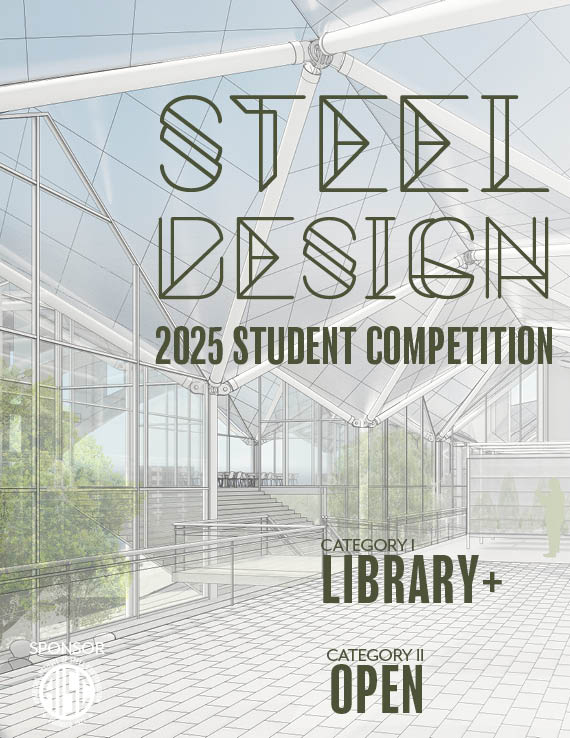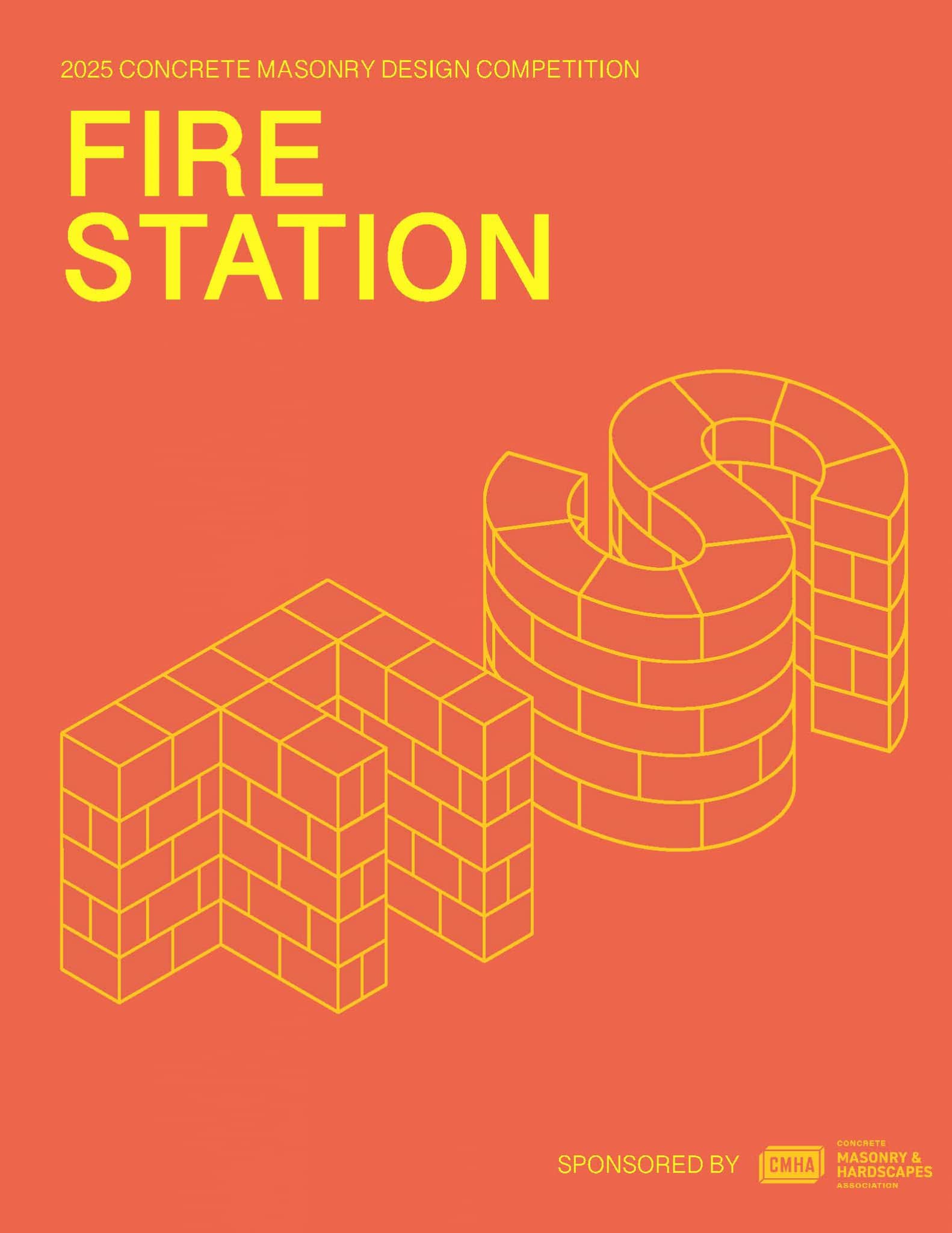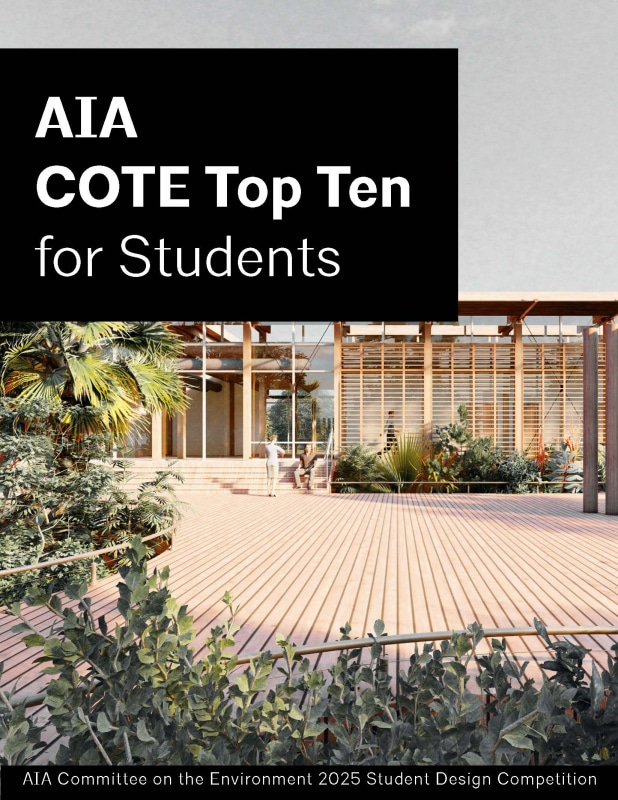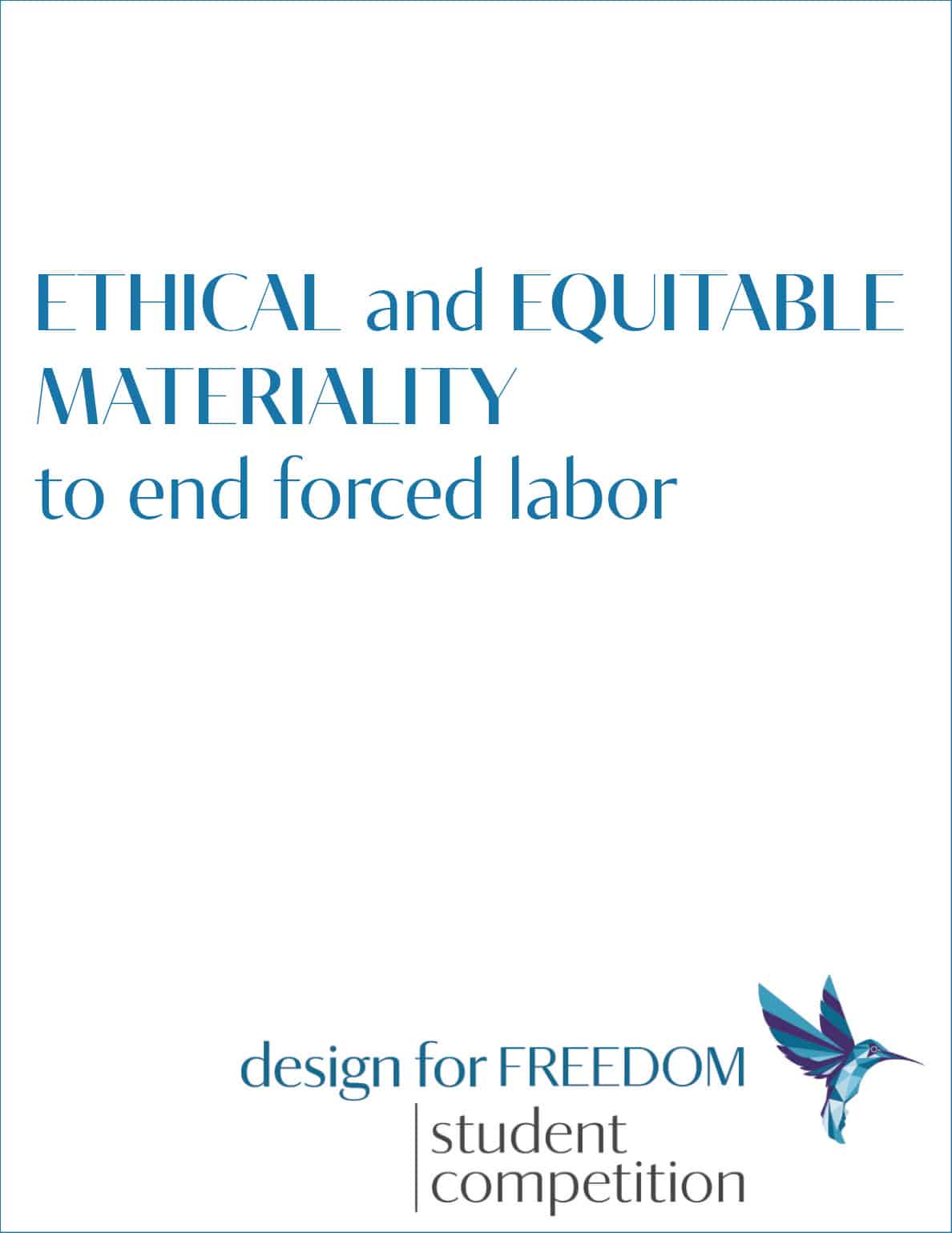ACSA 114th Annual Meeting
The 114th ACSA Annual Meeting will emphasize the transformative potential of design thinking, convening educators, practitioners, and students into conversations about architectural pedagogy and production. The architectural history of Chicago will add to the context through tours and connections with local schools and firms.
The Annual Meeting Committee invites submissions in three categories: Full Papers, Design Projects, and Short Papers. Proposals for special sessions are also encouraged to enrich and expand the conference. Submissions are due by September 17, 2025.
2026 Architectural Education Awards
Every year, ACSA honors architectural educators for exemplary work in areas such as building design, community collaborations, scholarship, and service. The award-winning professors inspire and challenge students, contribute to the profession’s knowledge base, and extend their work beyond the borders of academia into practice and the public sector.
2025 Summer Conference: NAVIGATING
In an era marked by increasing complexity, conflict, and rapid change, educators must act as navigators—to pursue new pathways and possibilities in our discipline and to instill navigational skills in our students. This conference examines shifting social, political, and institutional landscapes as sites for reorientation, transformation, and reconciliation at all scales, and across pedagogy and practice. The 2025 ACSA Summer Conference supports knowledge-sharing across the authors and presenters accepted into the 2025 ACSA/EAAE Teachers Conference, and welcomes additional participants to engage in open discussion to collectively navigate the challenges ahead.
The in-person conference, hosted by the University of North Carolina at Charlotte, will take place on August 7–8, 2025, followed by virtual sessions via Zoom on September 11–12, 2025.
JAE 79.2 Educating Civic Architects Call for Papers
Faced with the challenge of an increasingly complex economic, environmental, and political reality, how might educating civic-minded architects help inspire and guide the profession? How do architecture schools foster a culture of collaboration with community and city leaders? How can design research inform the evolving role that civic-minded architects can play? Beyond the design studio, what role should the teaching of history, theory, professional practice, policy, technology, and other disciplines play in educating civic architects?
This issue of JAE seeks contributions that explore the full range of expressions of civic architecture and community design—past, present, and future. As well as research and exemplary projects by architects, landscape architects, urbanists, and students who have explored these questions. Contributions documenting educational efforts are most welcome.
TAD 10.2 Soil Call for Papers
This issue of TAD invites inquiry into soil not as backdrop but as an active thread in shaping form, structure, living habitat, and community. Soil is neither inert nor empty. It is a charged and living substrate that, materially and figuratively, underpins architecture. It is where gravitation meets structure, extraction meets economy, and permanence meets decay. Soil is a medium of transformation: chemical, cultural, and political. Soil supports and resists–shaped by forces of compaction and combustion, microbial life, and industrial processes. The editors strongly encourage submissions highlighting contributions from those traditionally excluded or underrepresented in the field. Submissions may choose to address the focus area identified in this call for papers, but are not required to do so.
Academy for Public Scholarship on the Built Environment: HOUSING EQUITY
The Association of Collegiate Schools of Architecture (ACSA) and the ACSA Research + Scholarship Committee, in partnership with The OpEd Project, are pleased to announce the 2025 Cohort for the Academy for Public Scholarship on the Built Environment: HOUSING EQUITY.
This cohort brings together twelve architecture faculty whose scholarship addresses housing equity and seeks to influence the policies and narratives shaping the built environment. They will participate in The OpEd Project’s virtual “Write to Change the World” workshops, connecting participants with diverse identities, voices, and ideas. Cohort members will also join a series of training modules led by experts on issues of housing equity and public scholarship, including members of the AIA Housing & Community Development Knowledge Community and allied organizations working toward housing equity.
Dates + Deadlines
Diversity Achievement
Faculty Design
The Journal of Architectural Education (JAE) is a biannual peer-reviewed academic journal, and the primary venue for research and commentary on architectural education.
Technology | Architecture + Design (TAD) is a biannual peer-reviewed international journal dedicated to the advancement of scholarship in the field of building technology and its translation, integration, and impact on architecture and design.
Explore the ACSA index of proceedings to stay up-to-date on conferences.

 Study Architecture
Study Architecture  ProPEL
ProPEL 



